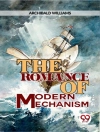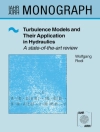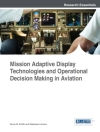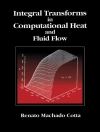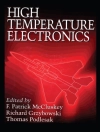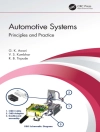Product design is characterized by a steady increase in complexity. The main focus of this book is a structural approach on complexity management. This means, system structures are considered in order to address the challenge of complexity in all aspects of product design. Structures arise from the complex dependencies of system elements. Thus, the identification of system structures provides access to the understanding of system behavior in practical applications.
The book presents a methodology that enables the analysis, control and optimization of complex structures, and the applicability of domain-spanning problems. The methodology allows significant improvements on handling system complexity by creating improved system understanding on the one hand and optimizing product design that is robust for system adaptations on the other hand. Developers can thereby enhance project coordination and improve communication between team members and as a result shorten development time. The practical application of the methodology is described by means of two detailed examples.
Inhaltsverzeichnis
The challenge of complexity.- Complexity in the context of product design.- Methods for managing complex data in product design.- The procedure of structural complexity management.- Modeling the Multiple-Domain Matrix.- Information acquisition.- Deduction of indirect dependencies.- Structure analysis.- Product design application.- Use case: Automotive safety development.- Use case: Development of high pressure pumps.- Literature.
Über den Autor
Prof. Dr.-Ing. Udo Lindemann was postdoctoral engeged in many industrial enterprises. Since 1995 he is head of the Department for product development of the Technical University of Munich. Teaching and research are focused on the development of strategies for the early stages of development, approaches to product innovation, questions of cost management and the use of computers in product development and the inclusion of psychological and sociological insights.
Dr.-Ing. Maik Maurer graduated in mechanical engineering at the Technische Universität München. In 2007 he became Ph.D. at the Technische Universität München.


